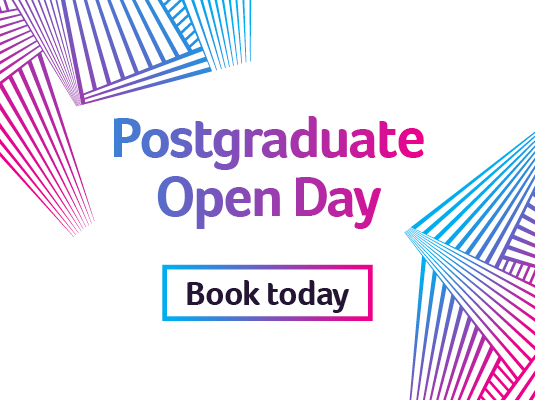From 9 to 5 to PhD life
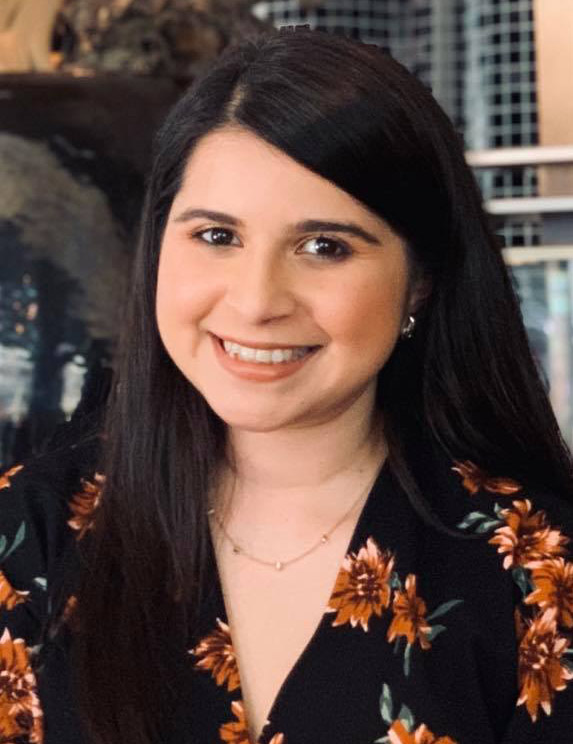
Sandra Perez-Romero
PhD Researcher, School of Arts and Humanities
My name is Sandra Pérez Romero. I am originally from Xalapa, México. I studied a Master’s in Historical Performance in the Netherlands. I am a historical clarinet player and I am doing a PhD in Music at the University of Huddersfield, researching late 18th century repertoire for soprano chalumeau.
Life before Huddersfield
Before my PhD studies, I worked in The Netherlands both as a performer and as a Manager for a Software company in Amsterdam.
As a musician, you get to travel sometimes and meet really cool people. A few years ago, I went to a music festival in France where I met a clarinet player who was a lecturer at the University of Huddersfield. I had known I wanted to do a PhD for a while, but I wasn’t sure how to go about it.
We became friends on social media and one day she posted about the PhD programme at Huddersfield and the available scholarships. This piqued my interest and I started looking for information about PhDs in general and also the one she had advertised.
Before she became my supervisor, I sent her an email about my project and the ideas I had for my research. She read my application materials and provided valuable feedback, which in the end, I think helped me get onto the programme and secure a scholarship to support my studies here.
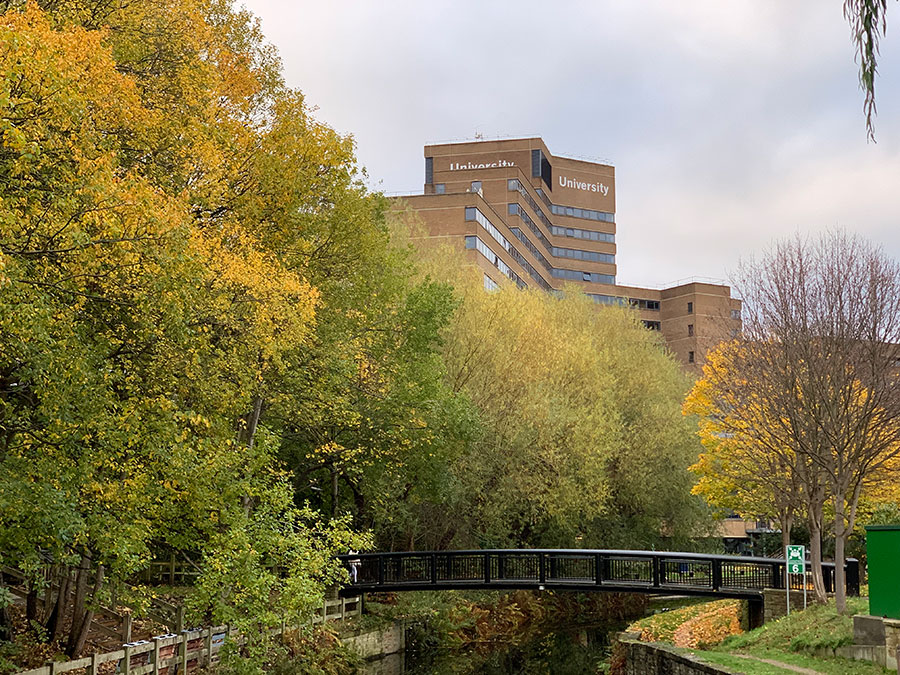
Support at Huddersfield
I looked at several PhD programmes, but the one thing that was significantly different about the University of Huddersfield was the amount of support available even before I was accepted! I was pleasantly surprised about how welcoming and helpful the academics were.
One of the main reasons why I wanted to do a PhD was that I wanted to combine teaching with my performing activities. As part of my Master’s studies, I had the opportunity to teach a group of undergraduate students on the historical development of the clarinet and it was an experience that I enjoyed very much. Since then, I have taught other courses and have been invited to present on subjects related to the history of the clarinet. I enjoy researching the history of the clarinet and sharing my knowledge with others.
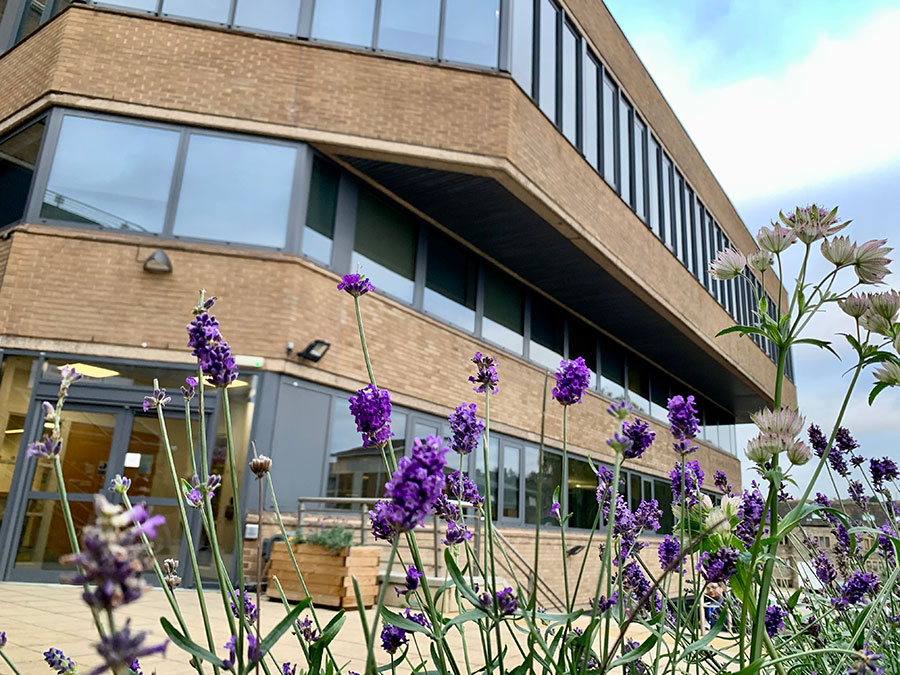
Finance advice
As an international student, financial matters can be stressful and often very challenging. The staff that handled my application were always kind, providing information on all available funds I could apply for and in general, I felt that they were very transparent about the potential outcomes of the financial aids, so I could make an informed decision.
When it comes to grants and scholarships, you need to plan in advance as some of these application deadlines can be very early in the application process. The information that the University staff provided, helped me prepare applications that were successful in the end.
Moving from employment to study
When I applied to do my PhD, I was in full time employment. It was a difficult choice to decide to go back to university but in the end, I do not regret that choice. It is worth noting that transitioning back from a 9-5 job to the PhD life has not been easy! I sometimes struggle with finding a routine that works for me, mostly because I am also a professional clarinet player and sometimes travel abroad to perform. However, the good thing is that the research work you do as a PhD student is flexible, which I am very grateful for, as this allows me to combine my research and my music practice, which is also intertwined in my research topic itself.
As a new researcher, the support I have received from my supervisors has been phenomenal. Not only are they helpful when I feel stuck, but when discussing my ideas, our conversations make me feel like I am on the right track. Whether I am struggling to write or to locate sources, or any other issues I might be facing, my meetings with them have always been reassuring.
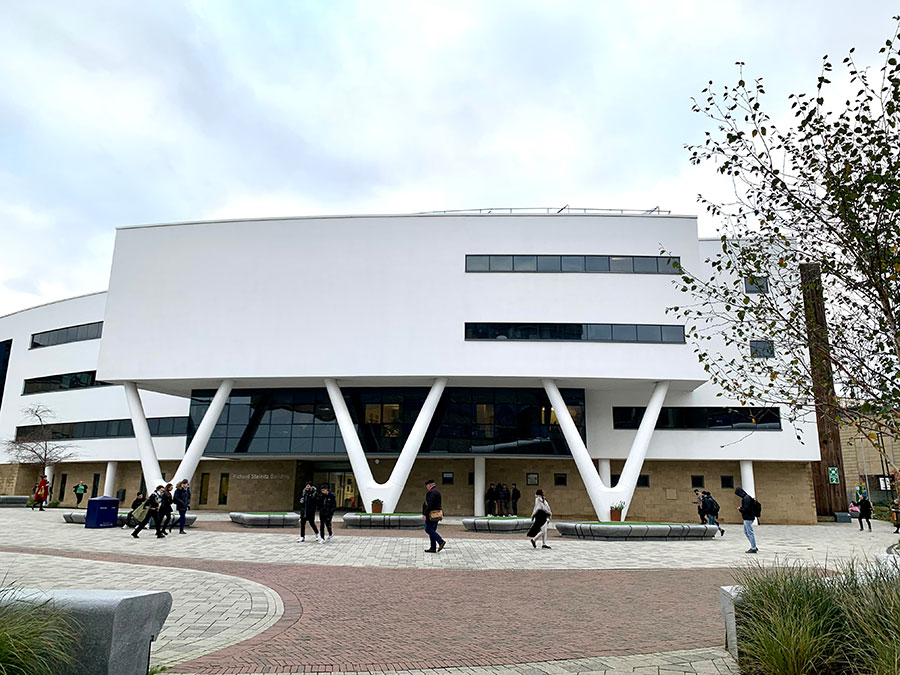
My PhD studies
As a music student, practicing is of the utmost importance and the Richard Steinitz building (aka the Music Building) is pretty great for this. The halls are available for students in case you need to make a recording for your research or for auditions and the building is easily accessible if you are commuting. It opens until late too! Which is convenient if you need to be flexible with your practice hours.
On top of everything else, one of my favourite parts of doing my PhD so far is working in the library! The staff are so kind and supportive. Dealing with 18th century music and materials comes with a lot of challenges but the support from the University has made all the difference. The library’s music book collection is pretty good too and you can access a lot of online materials through the library as well. It is so handy to read pdfs on a plane or look at materials that I have downloaded without carrying a lot of extra books!
If there are any resources that I need which are not available in the library, I can contact the Interlibrary Loan team and they have been able to help me obtain books that come from other libraries in the UK and even abroad! This has facilitated my research work so much.
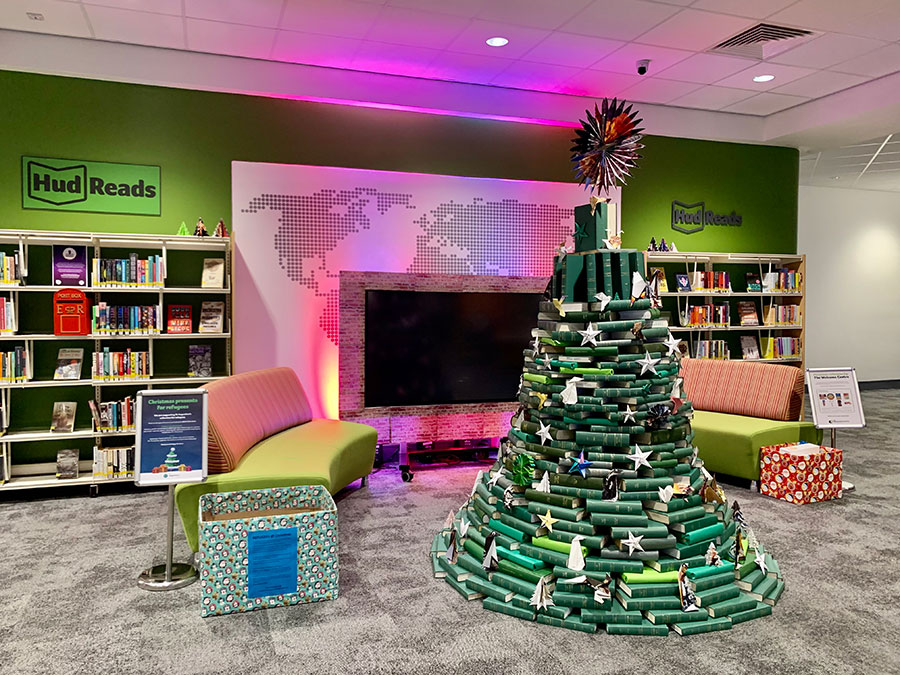
Final thoughts
Going from full-time employment to a full-time PhD research was definitely a big change, but luckily I got support from my supervisory team, teachers, and other University staff too. Overall, doing a PhD is challenging but ultimately, it is very rewarding too.
Good luck with your application!
All Postgraduate Articles
Explore more articles about life as a postgraduate student.
Postgraduate Open Day
Find out more about postgraduate study at our next Postgraduate Open Day

